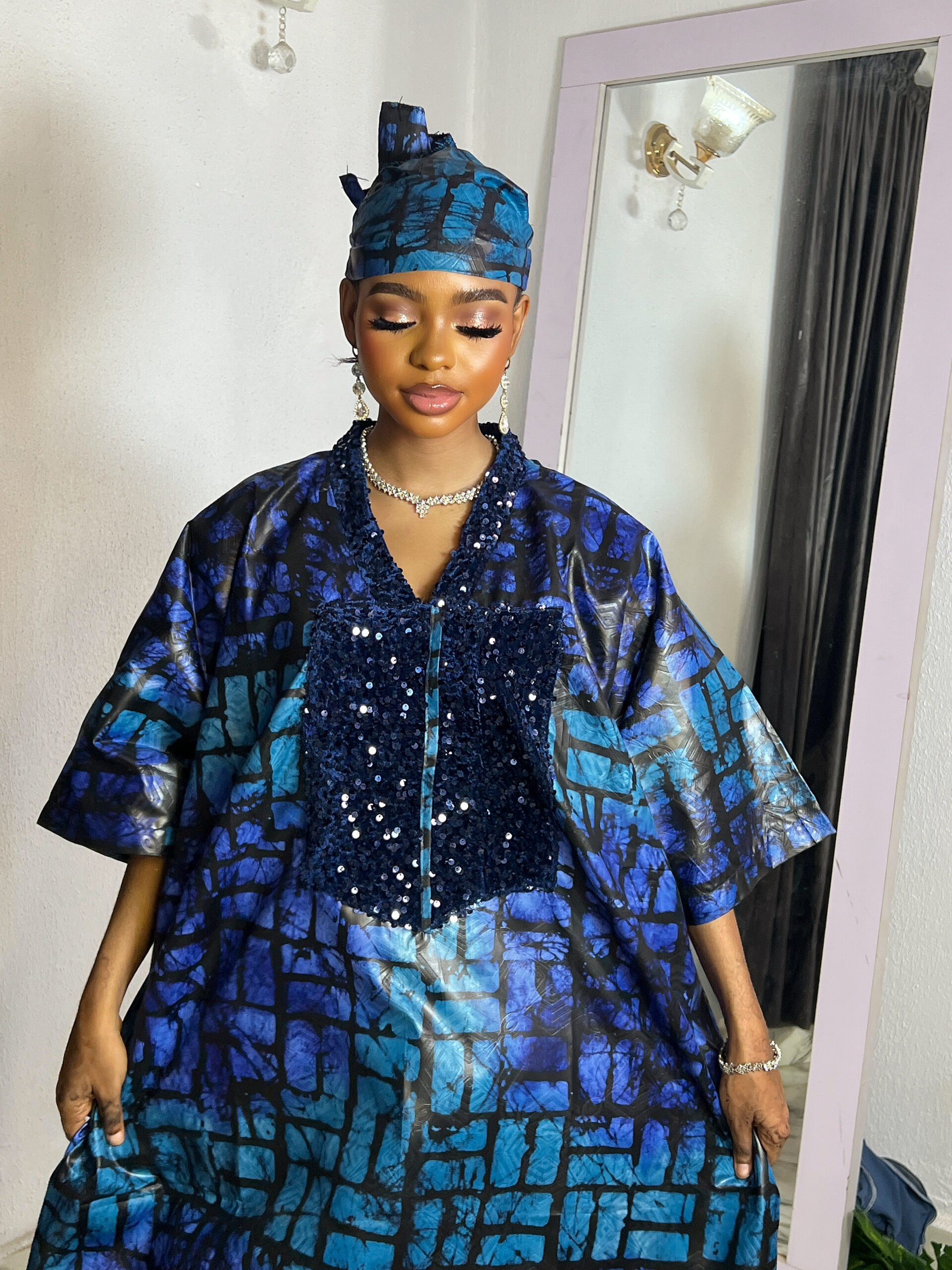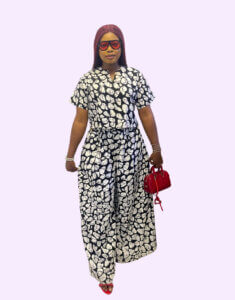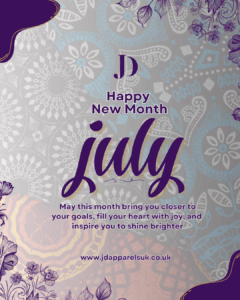Introduction:
African traditional wears are a testament to the rich cultural heritage of the continent. Each piece is steeped in history, symbolism, and beauty. In this blog post, we’ll delve into 5 iconic African traditional wears that showcase the diversity and elegance of African fashion.
1. Bubu (Nigeria)
The Bubu is a classic Nigerian garment that has been worn for centuries. This flowing, loose-fitting robe is typically made from Ankara fabric and is adorned with intricate patterns and designs. The Bubu is a symbol of Nigerian culture and is often worn for special occasions.
2. Miyaki (Ghana)
The Miyaki is a traditional Ghanaian cloth that is worn by both men and women. This colorful fabric is woven with cotton and silk and features vibrant patterns and designs. The Miyaki is a representation of Ghanaian heritage and is often worn for cultural events and celebrations.
3. Damask (Senegal)
Damask is a luxurious fabric that originated in Senegal. This intricately woven cloth features elaborate patterns and designs, making it a staple in Senegalese fashion. Damask is often worn for special occasions and is a symbol of Senegalese elegance and sophistication.
4. Abaya (North Africa)
The Abaya is a traditional garment worn by women in North Africa. This long, flowing robe is typically made from lightweight fabric and features intricate embroidery and patterns. The Abaya is a symbol of modesty and elegance in North African culture.
5. Head Gears (Various)
Head gears are an integral part of African traditional wear. From the Gele in Nigeria to the Duku in Ghana, head gears are worn for various occasions and are a symbol of cultural identity. These beautiful pieces are often adorned with intricate patterns and designs, making them a stunning addition to any outfit.
Conclusion:
African traditional wears are a testament to the rich cultural heritage of the continent. Each piece is steeped in history, symbolism, and beauty. By celebrating and embracing these traditional wears, we can honor our African heritage and showcase the diversity and elegance of African fashion.
Which of these traditional wears is your favorite? Share with us in the comments below! Let’s celebrate African fashion and culture together!




